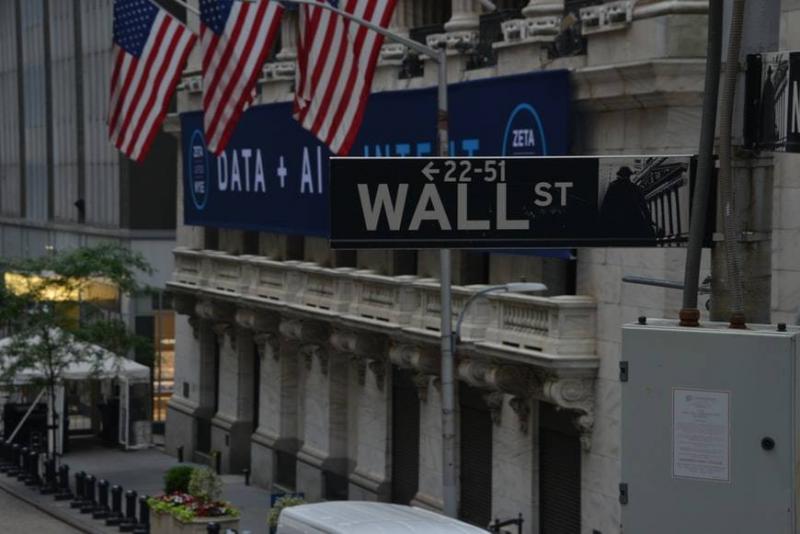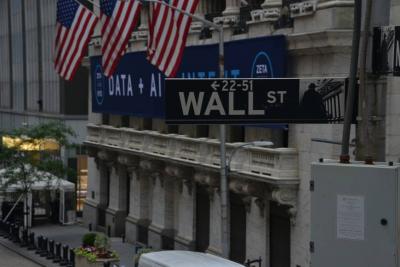It has become clear that the world is facing a major crisis of consumer price inflation, without any collective solution in sight, as each country tries to find its own way out, ignoring the accounts and needs of other nations. American economic analyst Daniel Moss stated in a report published by Bloomberg News that when it comes to the rapid rise in global inflation rates currently, there is little reliance on decisive action from the two largest economies in the world, the United States and China. Each of these countries finds itself trapped by its own policy choices and local priorities. Neither country appears ready to take strong action to halt rising prices.
For those still clinging to the belief that the current wave of inflation is temporary and merely a welcome breather after years of low inflation, recent figures and economic data suggest otherwise. Wholesale prices in China saw their largest increase in 26 years last month, along with rising consumer prices. Simultaneously, the U.S. Department of Labor announced the fastest rate of consumer price increase since 1990, exceeding economists' expectations. The German government’s Economic Advisory Council has called on the European Central Bank to clarify how it will restrain its highly flexible monetary policy amid rising inflation rates. Inflation in Germany, Europe’s largest economy, is expected to surpass the target set by the European Central Bank next year.
Moss identifies that the problem is that the solution most central banks know for high inflation—raising interest rates—does not seem suitable this time given the economic repercussions of the COVID-19 pandemic. Even the staunchest critics of extended flexible monetary policies concede that policymakers possess a tried and true recipe. Central banks, at least in the United States and Europe, cannot risk accepting runaway inflation levels and the dangers of returning to the bad days of the 1970s, when high oil prices drove consumer prices in these countries to record levels, with significant economic repercussions. In the case of China, high inflation rates threaten to squander much of the prosperity and economic stability achieved through the economic opening led by former Chinese President Deng Xiaoping in the 1980s.
According to a research paper published by the Australian central bank, despite everything said about the cold war between Beijing and Washington, the inflation experience in China is following the trajectory of the Western model. China fears for its economic growth, which has already declined compared to its level in the last quarter of 2019 before the COVID-19 pandemic emerged globally. What started in China as a remarkable economic recovery this year now faces a tipping point.
Bank of America recently lowered its growth forecast for the Chinese economy this year from 5.3% to 4% of GDP. Thus, China may move contrary to prevailing logic, easing its monetary policy despite rising inflation, as Premier Li Keqiang warned of the risks of tightening monetary policy on the economy. Meanwhile, in the United States, the Federal Reserve will find it difficult to quickly tighten monetary policy. Jerome Powell, the chair of the Fed, emphasizes that the quantitative easing policy must be withdrawn before considering raising interest rates. Since the withdrawal of quantitative easing will be gradual, no increase in U.S. interest rates is expected before mid-2022. The Fed tends to be cautious in withdrawing economic stimulus programs to avoid a panic wave among investors in financial markets, as occurred in 2013.
In Europe, it is unlikely that Christine Lagarde, president of the European Central Bank, will heed German criticisms of the highly flexible monetary policy. The heads of the European Central Bank have been accustomed to Germany's warnings about this flexible monetary policy since the launch of the euro. Although the bank initially fell under German influence, given that its headquarters is in Frankfurt and its first chief economist was German Otmar Issing, a defender of tight monetary policy, the days of increasing influence for doves advocating flexible monetary policies to boost economic growth have risen.
While high inflation is now a global issue, it is unlikely that major countries will act collectively to confront it, as was the case during the global stock market crash in 1985 when representatives of major nations gathered at the Plaza Hotel in New York and agreed to reset currency markets. Today, however, the local circumstances of each country do not allow for sympathy toward other nations negatively affected by high inflation or for contemplating how to assist them.




